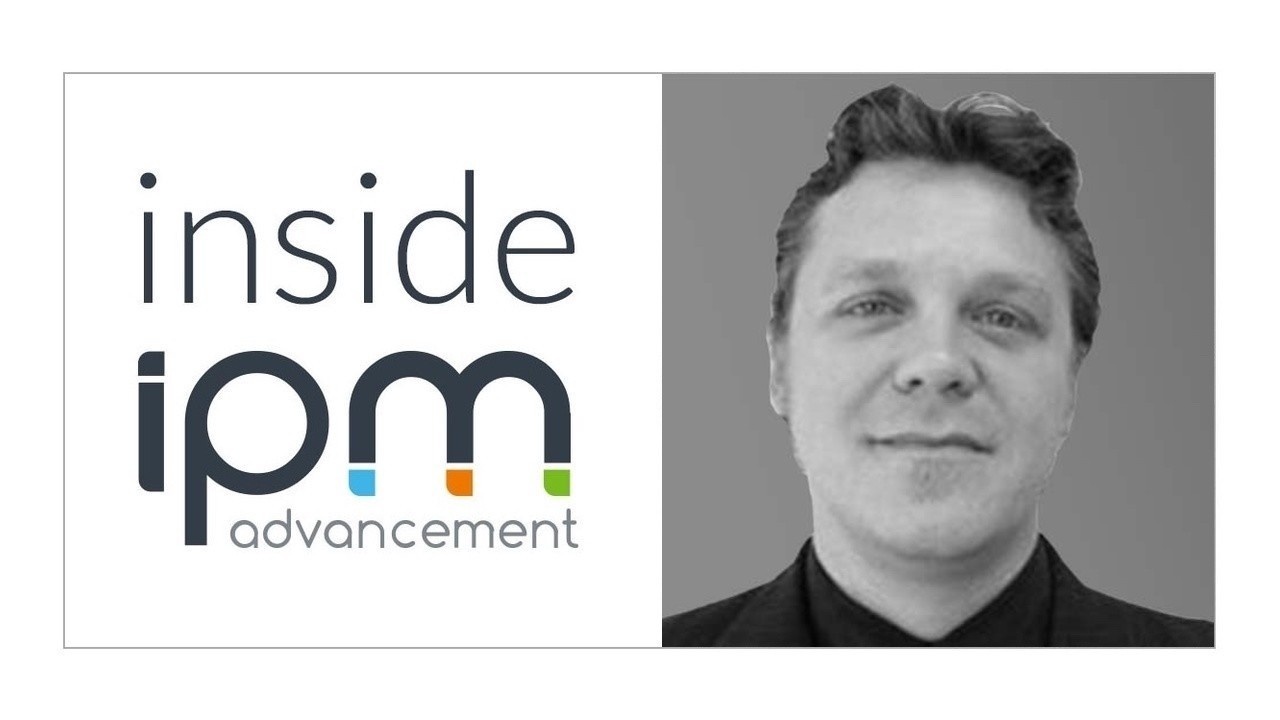
Inside IPM: Meet Josh Gryniewicz
“Inside IPM” is an ongoing series featuring the talented players who comprise the IPM Advancement team! Here you’ll learn all about the people who work behind the scenes at IPM to help nonprofits raise more money to make the world a better place. Today, we’re talking to…
Josh Gryniewicz, Consultant
How long have you been working in the nonprofit sector?
My career over the last 20+ years has been in nonprofit. I’ve been a social worker, crisis counselor, grant writer, fundraiser, health communicator, speechwriter, curriculum developer, author, editor, social change activist, public health educator, and storytelling consultant — in that order. In 2018, I formally started consulting, focusing on health and mental wellness.
Why did you choose to work with IPM?
Being part of the IPM Advancement Consulting Network appealed to me, and it was a chance to amplify my reach and be part of a bigger team.
One of your hobbies has always been writing stories. How did you come to integrate that with your professional work for nonprofits?
A little over a decade ago, I worked for a public health program getting excellent results. As we started expanding nationally, I noticed something really interesting: Stories were a lot more effective than data at opening doors. It was a life-changing revelation for me. My passion for writing and storytelling was always something I did for fun on the side. For the first time in my life, I saw a professional value to storytelling for the health field. As a result, I went back to grad school for literature and creative writing to bring those insights into my nonprofit fundraising and communication career.
What are some changes or opportunities that you see on the horizon for nonprofits in the health field as they enter this new decade?
One of the most significant changes we will see for both nonprofit and for profit health and hospital systems is in healthcare marketing, specifically a move from promotional content to branded prevention-based behavior change content. The convergence of behavioral health, wearable tech, content marketing, and edutainment — coupled with a paradigm shift in health from a disease-focused model to a prevention-based system of care — will transform the health communication landscape.
Can you give an example of the kind of change in communication you’re describing?
Right now, the orientation is on self-promotion: “We have the best surgical team” or “We are the best at such & such cancer treatment….” As the terrain shifts over the next ten years, the story will be more focused on sponsored, branded content showing what end users can do to stay healthy and fit. It will be marketing that emphasizes specific health outcomes “brought to you by” a healthcare brand. And this whole revolution is accelerated by COVID, so we’ll see changes previously projected for 5-10 years out in 2-3 years.
If you could give a nonprofit one and only one piece of advice that would best prepare them to be financially stable for the next decade, what would it be?
Create the space within your organization to reflect and plan. Period. I have seen many organizations that feel strategic planning is an indulgence rather than a necessity. They waste so much effort, energy, and time racing at breakneck speeds down a highway in the wrong direction.
And if you do have a plan in place, live and breathe that plan. Please don’t set it on a shelf collecting dust or revisit it only once a year. Make it part of your biweekly meetings, live it, share it, discuss it, tell stories about it. Make the plan a centerpiece of your work.
